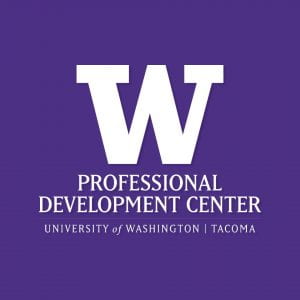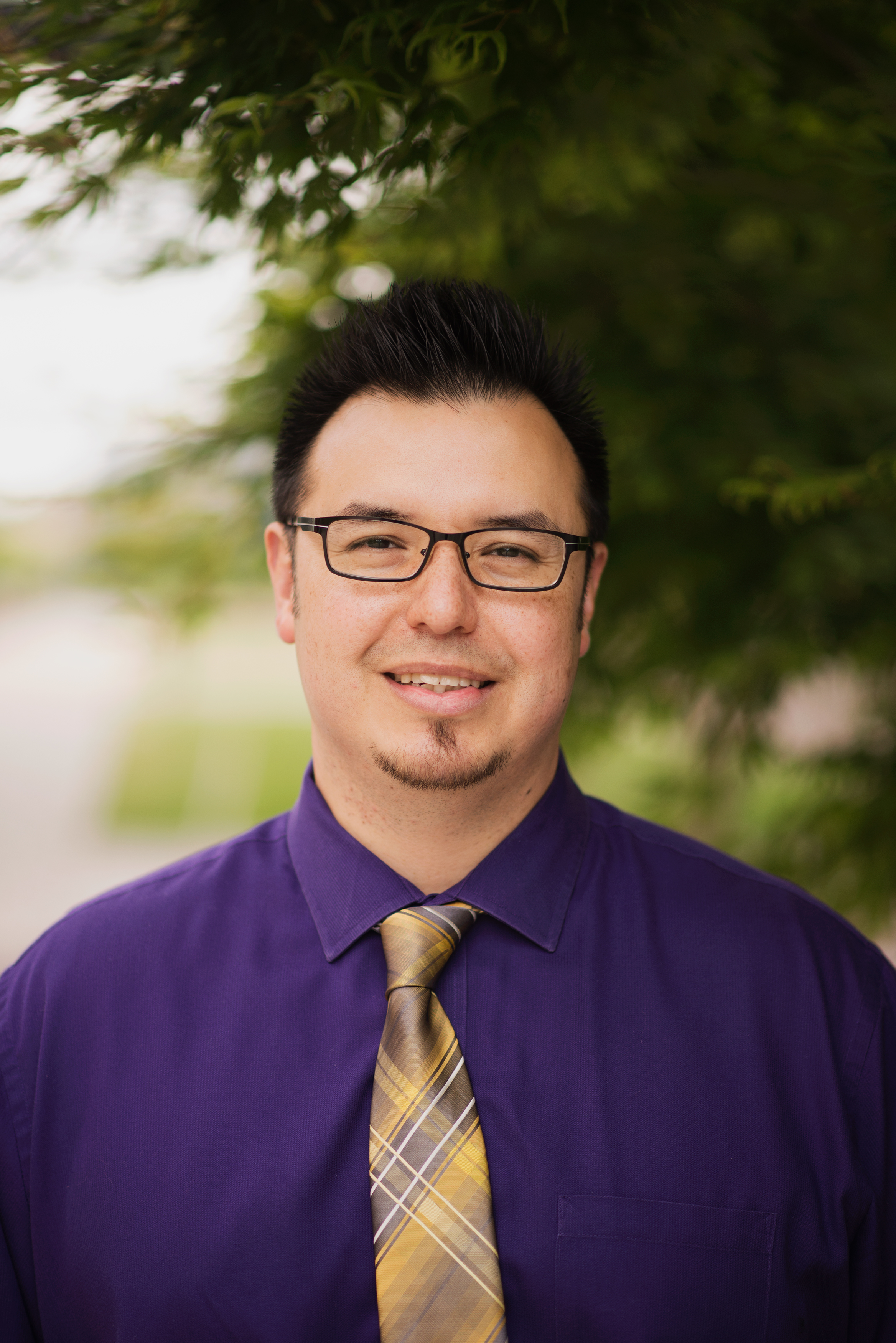While the Professional Development Center staff were disappointed not to be able to exhibit at a physical Lean Transformation Conference this year, we did take advantage of many of the virtual sessions Results Washington still hosted as an opportunity for state employees to learn, share, and grow their Lean skills. The main focus of the conference may have been on state employees but the applicability of the sessions went far beyond the government sector.
The main focus of the conference may have been on state employees, but the applicability of the sessions went far beyond the government sector.
Here are some key learnings we left with:
Find the tools that work for you and adapt them
Lean is a flexible approach that can be applied to many different organizational structures, industries, and processes. Its many tools can be combined and remixed in a variety of ways to fit your needs. For example:
- While a Value Stream Map is a core tool for identifying work pile-ups and the impact of time on a process, you may be better served by a flow chart if there are decision points involved.
- Lean’s foundations are in manufacturing where suppliers and customers are distinct entities, but that’s not always the case in government and service work. What changes when the person who supplies you information is also the recipient of what you do with it?
- Measurement may mean clocking processes with a stopwatch, time stamping a document as it moves through a process, or counting inventory. It all depends!
Lean, at its core
Speakers across the sessions reiterated that it can be very easy to get caught up in all the tools and processes related to Lean, but that practitioners can anchor themselves with a few key concepts:
- Eden Teachout (“Mapping Your Path – Using Value Stream Maps to Improve” session): Lean is “work science” based on flow and how energy or items move through a system, as Joanne Gaudet and Fance Bergeron define it in “Lean: it’s not rocket science, it’s work science”.
- PDC White Belt alum Sam Wilson (“Lean Basics” session): “Lean is always about making things better.”
- Governor Jay Inslee (Opening Remarks): “It’s about how we get the community to work together in a more efficient, effective, and more resilient way. That’s what Results Washington and Lean Washington is about.”
Lean is about people
From the Governor’s opening remarks through the following six days of sessions, speakers emphasized that Lean is not just about processes. It’s about people. A truly effective Lean practitioner knows they must also build their leadership and management skills to lead projects to success.
Sam Wilson and Mike Fay posited that the “people side of lean” is just as important as the analytic side, building on Vann Smiley’s concept of Lean L3 (Listen, Learn, Lead) in his keynote. UWT Professional Development Center instructor Wendy Fraser taught the importance of building and repairing trust within your team, without which your efforts may fail. Other sessions covered the importance of coaching conversations, leading with integrity and intention, communication, and change management.
The continuous process of improving yourself
Results Washington puts on the Lean Transformation Conference every year to continue developing Lean skills in our state. But you can only learn so much in a 1-hour webinar. What’s your next step?
- Just starting out with Lean Six Sigma? Our 5-hour, introductory White Belt training will be offered online over two days (Nov 20 and Dec 4)
- Ready to jump in and become a true Lean Six Sigma practitioner? Green Belt classes start back up in January 2021, fully online.
- Stepping up as a Lean leader? Lean Six Sigma Black Belt is offered three times a year for active Green Belts who want to move into coaching and supervisory roles.
Contact Saralyn Smith, or the rest of our team, at uwtpdc@uw.edu if you have questions about the Lean Six Sigma program or any others offered through the UW Tacoma Professional Development Center.




